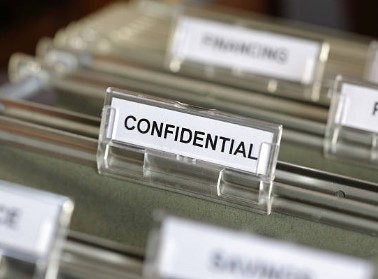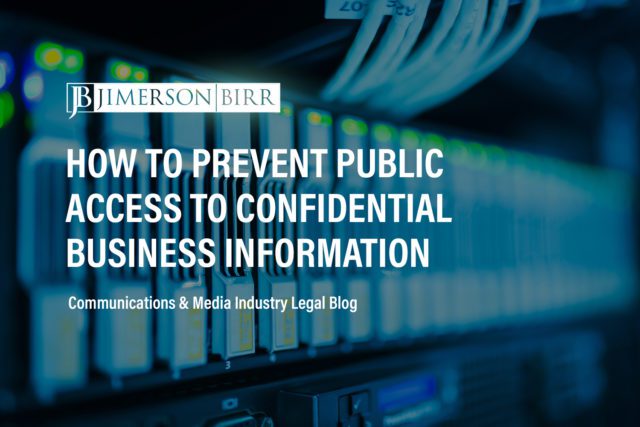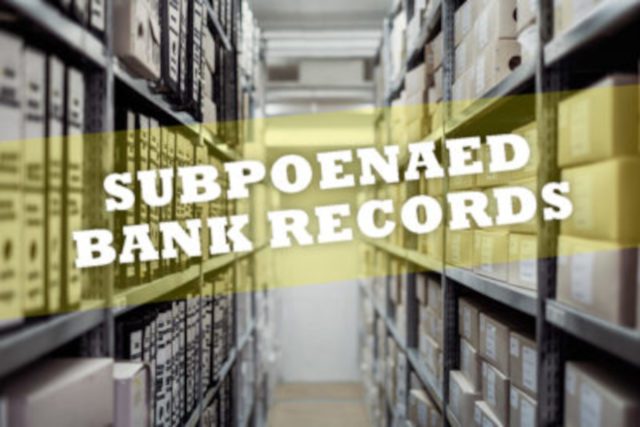In Florida, what does subpoena response encompass?
A subpoena is a legal document issued by a court or other lawful authority compelling an individual or organization to provide testimony, documents, or other evidence in a legal proceeding. In Florida, subpoena response involves complying with the subpoena’s requirements, which may include appearing in court, producing documents, or providing deposition testimony.
For instance, suppose a Florida-based company receives a subpoena requesting specific documents relevant to a lawsuit. To respond appropriately, the company must first review the subpoena to ensure it complies with Florida’s rules of procedure. Then, if the subpoena is valid, the company must gather the requested documents and produce them to the requesting party within the time frame specified.
Need a legal advocate to evaluate your subpoena response options? Schedule your consultation today with a top subpoena response attorney.
Which laws, procedures, and regulations apply to subpoena response in Florida?
At the state level, the Florida Rules of Civil Procedure (Rule 1.410) governs the issuance and service of subpoenas in civil matters. This rule outlines the requirements for serving subpoenas and the potential consequences for non-compliance. The Federal Rules of Civil Procedure (Rule 45), on the other hand, apply to subpoenas in federal civil cases. Rule 45 covers the issuance, service, and enforcement of subpoenas in federal court proceedings.
Additionally, various Florida and federal statutes and rules often protect certain types of confidential information from disclosure in response to a subpoena. These protections ensure that sensitive information remains secure and private, even during legal proceedings. Some key Florida and federal acts, statutes, rules, and regulations that offer such protection include:
- Florida Statutes:
- Florida Statutes § 90.502: This statute establishes attorney-client privilege, protecting communications between attorneys and clients from disclosure.
- Florida Statutes § 90.503: This statute outlines psychotherapist-patient privilege, which keeps confidential communications between mental health professionals and their patients.
- Florida Statutes § 90.504: This statute provides for spousal privilege, protecting confidential communications between spouses.
- Florida Statutes § 90.505: This statute establishes clergy-communicant privilege, which protects confidential communications between a person and a clergy member.
2. Federal Statutes and Rules:
- Federal Rules of Evidence Rule 501: This rule governs privileges in federal court, recognizing attorney-client privilege, spousal privilege, and other common law privileges.
- Health Insurance Portability and Accountability Act (HIPAA): HIPAA establishes strict rules regarding the disclosure of protected health information, requiring subpoenas to include a court order or a satisfactory assurance that the requesting party has made reasonable efforts to notify the individual whose information they seek.
- Family Educational Rights and Privacy Act (FERPA): FERPA protects the privacy of student education records, requiring educational institutions to obtain written consent from the student or parent before disclosing such information, with certain exceptions
These only scratch the surface of what laws may apply to an individual or entity’s unique circumstances. Therefore, engaging with legal counsel is crucial to understand and follow these laws, procedures, and regulations when responding to subpoenas to avoid legal consequences such as sanctions, fines, or contempt of court.
How do confidential and privileged materials apply to the subpoena response?
In Florida, responding to subpoenas may require protecting and defending confidential and privileged materials. Confidential materials refer to sensitive information not generally accessible to the public, while privileged materials are protected from disclosure by specific legal rules or doctrines. To effectively respond to a subpoena in Florida, businesses must understand the application of confidentiality and privilege under Florida and federal law and, crucially, the extent to which these laws apply to their operations.
For instance, the attorney-client privilege protects communications between a lawyer and their client, while the work-product doctrine shields materials prepared in anticipation of litigation. A business-focused example is a company receiving a subpoena for trade secrets documents. In this case, the company may assert the trade secret privilege to protect this confidential information from disclosure.
Please contact our office to set up your initial consultation to determine whether subpoena response services may be available for your unique situation.
How should legal counsel protect confidential and privileged materials, and how does it benefit a company’s institutional subpoena response process?
Counsel should consider the following to protect their clients:
- Identify all potentially relevant privileges and protections under Florida and federal law.
- Review the subpoenaed materials and assert the appropriate privileges and protections.
- Prepare a detailed privilege log documenting the withheld materials and the basis for each claim.
- Negotiate with opposing counsel to resolve any disputes over the asserted claims.
- Seek a protective order from the court to prevent the disclosure of confidential and privileged information.
When a set of facts is appropriate for legal intervention, there are many paths a claimant may take. We are value-based attorneys at Jimerson Birr, which means we look at each action with our clients from the point of view of costs and benefits while reducing liability. Then, based on our client’s objectives, we chart a path to seek appropriate remedies.
To determine whether your unique situation may necessitate litigation or another form of specialized advocacy, please contact our office to set up your initial consultation.
Frequently Asked Questions
- What is a privilege log?
A privilege log is a document that details each item withheld from disclosure in response to a subpoena due to an asserted privilege or protection. It typically includes a description of the withheld item, the basis for the claim, and any other relevant information.
2. Can a party challenge an asserted claim of privilege or protection?
Yes, a party can challenge an asserted claim of privilege or protection by filing a motion to compel in court. The court will then review the disputed materials and decide whether the asserted claims are valid under the applicable law.
3. Can a protective order be modified or dissolved?
Yes, a protective order can be modified or dissolved if the circumstances warrant such a change. For example, a party can request the court to modify or dissolve the order by showing that there has been a material change in circumstances or that the order is no longer necessary.
Have more questions about how your company can transform its subpoena response processes?
Crucially, this overview of protecting and defending confidential and privileged materials does not begin to cover all the laws implicated by this issue or the factors that may compel the application of such laws. Every case is unique, and the laws can produce different outcomes depending on the individual circumstances.
Jimerson Birr attorneys guide our clients to help make informed decisions while ensuring their rights are respected and protected. Our lawyers are highly trained and experienced in the nuances of the law, so they can accurately interpret statutes and case law and holistically prepare individuals or companies for their legal endeavors. Through this intense personal investment and advocacy, our lawyers will help resolve the issue’s complicated legal problems efficiently and effectively.
Having a Jimerson Birr attorney on your side means securing a team of seasoned, multi-dimensional, cross-functional legal professionals. Whether it is a transaction, an operational issue, a regulatory challenge, or a contested legal predicament that may require court intervention, we remain tireless advocates at every step. Being a value-added law firm means putting the client at the forefront of everything we do. We use our experience to help our clients navigate even the most complex problems and come out the other side triumphant.
If you want to understand your case, the merits of your claim or defense, potential monetary awards, or the amount of exposure you face, you should speak with a qualified Jimerson Birr lawyer. Our experienced team of attorneys is here to help. Call Jimerson Birr at (904) 389-0050 or use the contact form to schedule a consultation.

We live by our 7 Superior Service Commitments
- Conferring Client-Defined Value
- Efficient and Cost-Effective
- Accessibility
- Delivering an Experience While Delivering Results
- Meaningful and Enduring Partnership
- Exceptional Communication Based Upon Listening
- Accountability to Goals










